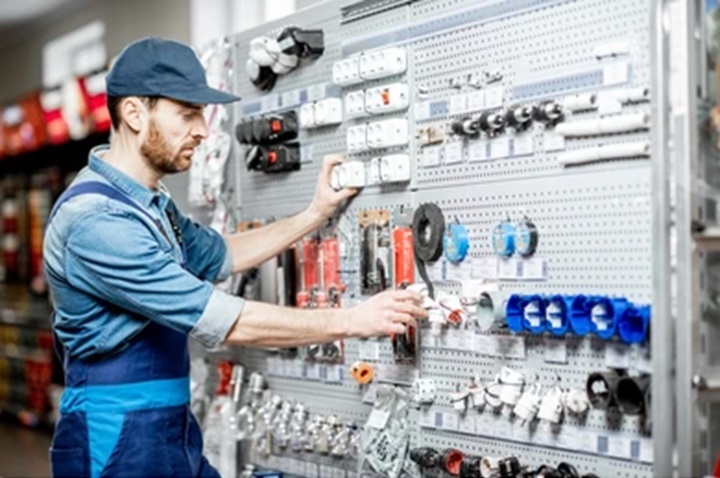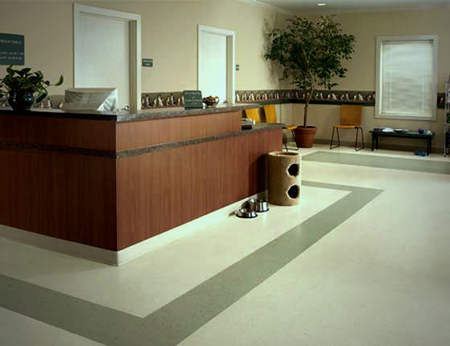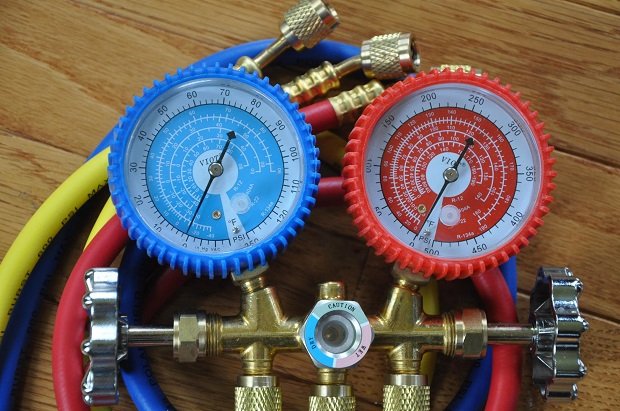Electrical Suppliers: What You Need to Know Before Choosing Your Go-To Store
As a self-employed sparky, dedicated electrical business, or a regular bloke with a knack for DIY jobs, selecting an electrical supplies shop is one of the main factors that impact your job. Needs will differ, but having a store with the right products, at decent prices, and a wide selection of delivery and payment options helps in more ways than one.
Choosing the right electrical parts supplier determines the quality of the products you use in projects, builds and maintains trust with new and existing customers, and ensures supplies are delivered where and when required. This helps you grow your business and strengthen your reputation. For anyone just starting out in the business or is dissatisfied with the current electrical wholesaler, here are a few tips to save, multiply profit margins and increase your customer base.
Product Range

Stores differ in what they offer. For home repairs, you can find basic supplies like powerpoints and sockets and the odd cabling options in your local hardware store. Still, if you’re a tradesperson or contractor, the limited range will shift your attention to a well-stocked electrical supply store. This is a one-stop shop for residential, commercial and industrial supplies, stocking items as varied as switchboards and circuit protection in homes, to industrial switchgear and controls, conduits, and testing equipment.
The same supplier stocks a wider range of basic items, a full selection of accessories to suit any project and a long list of brands. Choice is always a good thing. Tradies can source parts for multiple jobs in a single store, choose product lines in varying price brackets, and meet customer expectations and demanding industry standards. This is where you’re also more likely to find specialist products such as industrial-grade selector switches used in machinery.
Value and Pricing
A main concern for any business is price. Cheap parts however aren’t always the best. They’re low quality, unreliable, and unsafe. And they can cause dozens of electrical faults or life-threatening accidents. When choosing electrical supplies, you need to balance reliability and durability. parts quality and overall costs to ensure parts meet strict national electrical standards. An electrical supply store that meets these needs is one to keep on your shortlist.
Also, consider pricing when buying in bulk. Ask for quotes on items beforehand to get a general idea of overall costs. Suppliers may additionally offer discounts on regular purchases.
Quality
On the same note, parts quality differs among brands, and within different product lines of the same brand. Generally, better materials, extensive R&D, and build requirements allow manufacturers to produce parts that exceed industry requirements, and bring improved products to the market. Customers will more often associate quality with the tradesperson hired for the project, than the actual supplier.
Availability and Waiting Lists
Specialist parts can be hard to find and can make or break a project. Parts availability is another factor that determines deadlines, and whether you need to order them in advance. This all requires careful planning. Consider how suppliers deal with availability issues for both regular stock and infrequent items that spring up in emergencies, and the waiting times to process your orders.
Shopping Online or In-store

Shopping online has skyrocketed in the past few years, largely due to fast deliveries, varied payment options, and simplified purchasing. Same-day deliveries save time and hassle, letting you stay on your tools longer. Look for suppliers with free shipping for bulk purchases, and deliver to your specified address. Look for wholesalers that prioritise tradies, have a simple account setup, and let you track orders in real time. Another benefit is online shopping is a 24/7 affair, meaning you can place orders anytime. Good for both regular orders or any unforeseen products you need promptly.
Going in-store does have a few advantages. You get expert advice from knowledgeable staff on which products better suit project requirements, practical installation advice and how individual brands or product lines compare. Physically inspecting supplies for quality, size, and compatibility makes selecting products easier. You know exactly what you’re getting before it arrives in the post. And lastly, you can make on-the-spot purchases. This can be crucial for first batches and when establishing customer and supplier relationships. For most other cases though, many tradies choose online shopping as their preferred way to source electrical supplies.
Final Thoughts
Choosing a single electrical parts supply store, especially one that’s well-stocked and reliable, benefits your business in a few ways. Business relations are easier to establish and maintain than dealing with multiple suppliers simultaneously, and growing trust with increased orders will get you more discounts or bargaining power on future purchases. Orders are also streamlined, meaning less time sifting through websites or shuffling through traffic. Most tradies choose a larger supplier for their main inventory, while niche products can be purchased from smaller or specialist stores dealing in particular products or brands.






